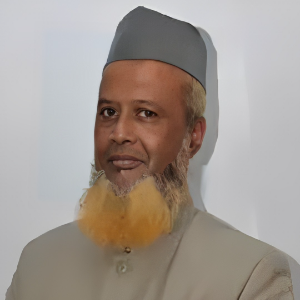Title : Production of green hydrogen from farm and food wastes: A project for generation of low-cost renewable energy and eco-friendliness
Abstract:
Usage of green hydrogen fuel for transportation is of utmost necessity to reduce the greenhouse gas (GHG) emission everywhere including Malaysia. Combustion of hydrogen fuel does not produce any GHG and is economic when organic wastes are used. The farm and food wastes are leading to severe environmental problems in the country due to improper use of the wastes. Therefore, utilization of these wastes for production of renewable green energy i.e., hydrogen is essential for the country. First of all, a biohydrogen production plant is needed. The farm wastes (rice straw, cornstalks, vegetable residues etc.) are collected from the agricultural and vegetable farms, and are filtered out of non-digestible woody materials from the feedstock. These are crushed with a mechanical crusher and are treated in pasteurizers with water to make it 8% solution. The food wastes (cooked waste rice, waste curry, kitchen wastes etc.) are collected from hotels and restaurants, and are filtered out of plastic, rubber, wood, and other non-digestible materials. The pre-treated food wastes are grinded and added to the farm wastes in the digester at the rate of 10% by volume. The whole feedstock is agitated by the agitator of the digester at a temperature of 25 to 27 0C and pH of 5.5 to 5.6. The bacterial inoculum is added to the digester. The substrate is incubated anaerobically for a period of 15 days while it produces H2 gas which are transferred to Pressure Swing Adsorption (PSA) system for purification. The purified H2 gas is collected under high pressure in appropriate steel-made tanks for using as fuel.
Audience Take Away Notes
- Pollution control or reduction is concerned to everybody in most of the countries and this project will show how we can reduce the pollution by using green energy i.e., bio hydrogen instead of fossil fuel.
- A vast mass of agricultural and food wastes will be reduced from ecosystem, which is important for pollution control.
- This will also help the audience to improve their understanding about using the wastes for producing valuable outputs.



